The open road and the freedom of RV travel have long been romanticized, but the landscape of campground stays is evolving. In a move towards enhanced safety and security, a growing number of RV campgrounds across the country are implementing mandatory background checks for all guests, regardless of the length of their stay. This trend, while offering peace of mind to some, has sparked discussions about privacy and the changing nature of campground hospitality. Understanding the reasons behind this shift and the implications for RV travelers is becoming increasingly important.
1. Rising Concerns About Safety and Security
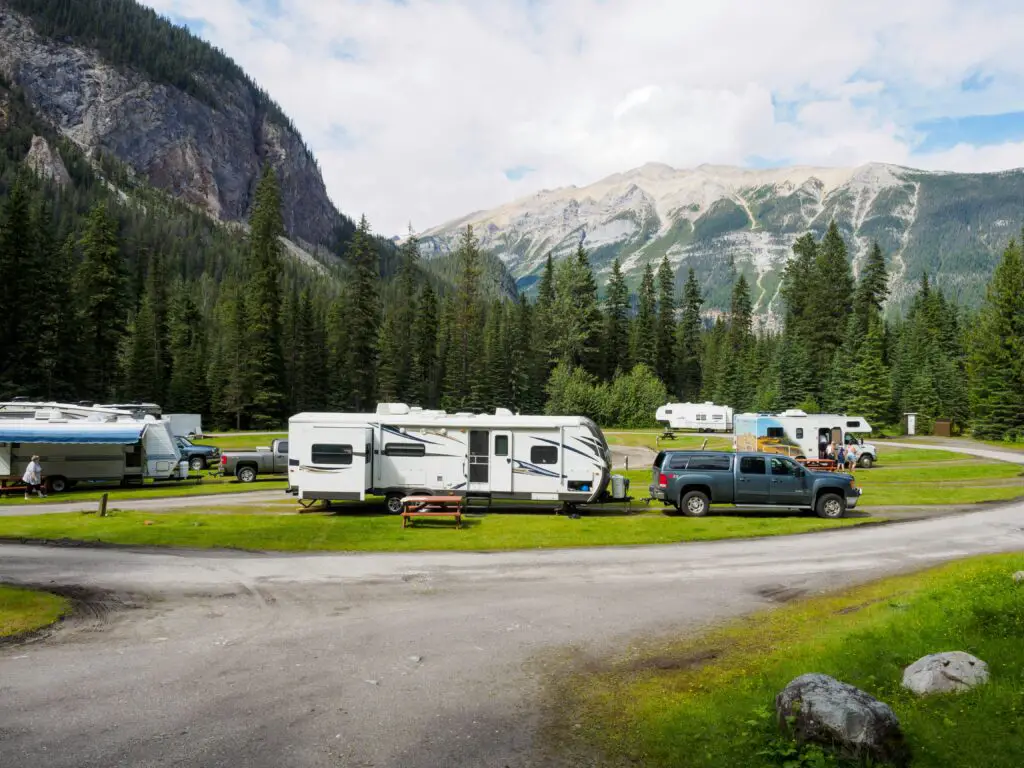
One of the primary drivers behind the implementation of mandatory background checks is an increased focus on safety and security within campground communities. As noted by the National Association of RV Parks and Campgrounds (ARVC), ensuring a safe environment for all guests is a top priority for campground owners and operators. Instances of theft, vandalism, and disruptive behavior can negatively impact the experience for everyone. Background checks are seen as a proactive measure to mitigate these risks by screening out individuals with a history of criminal activity.
This emphasis on safety extends beyond just property security. Campground owners also have a responsibility to protect their staff and other guests from potentially harmful individuals. The transient nature of RV travel means that campgrounds often host a diverse range of people, and background checks are viewed as an extra layer of due diligence. By implementing these checks, campgrounds aim to create a more secure and welcoming atmosphere for families and long-term residents alike.
2. Insurance Requirements and Liability
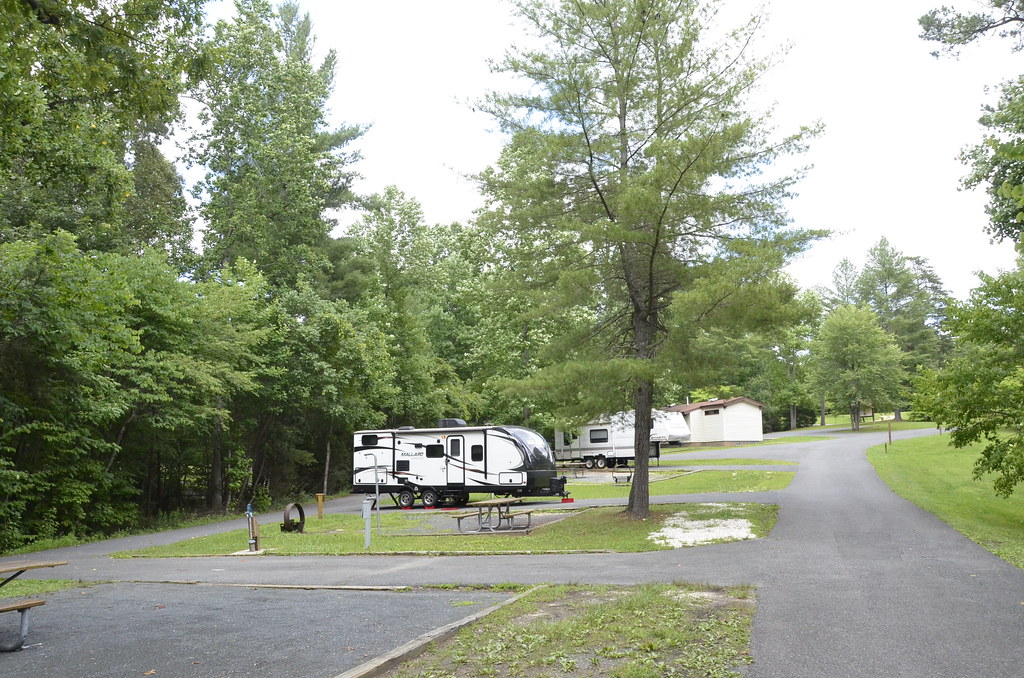
Another significant factor contributing to the rise of background checks is related to insurance requirements and liability concerns. According to industry reports, some insurance providers are now either recommending or requiring campgrounds to conduct background checks on their guests as a condition of coverage. This is particularly true for campgrounds that offer extended stays or have a more community-like environment, says Outdoor Insurance Group. By implementing background checks, campgrounds can potentially reduce their liability exposure related to incidents involving guests.
Campground owners face potential legal ramifications if incidents occur on their property. Demonstrating that they have taken reasonable steps to ensure the safety of their guests and staff can be crucial in liability cases. Background checks provide a documented process of screening individuals, which can be seen as a proactive measure to minimize risk and protect the business. This legal and financial aspect is a significant motivator for adopting these policies.
3. Resident and Long-Term Guest Concerns
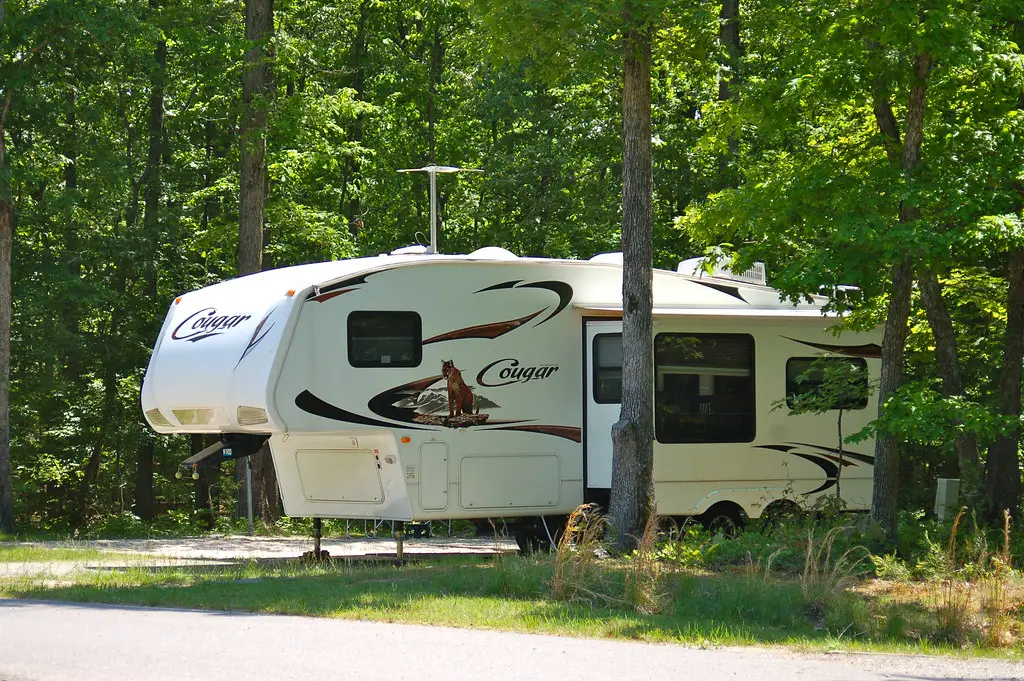
Many RV campgrounds have a mix of short-term visitors and long-term residents who may stay for weeks, months, or even years. These long-term guests often value a sense of community and security within the campground. As highlighted in Outdoor Guide, long-term residents sometimes express concerns about the safety and behavior of short-term visitors they are unfamiliar with. Mandatory background checks for all guests can help address these concerns and foster a greater sense of trust and security among the more permanent members of the campground community.
The feeling of safety and community is a significant draw for many long-term RVers. Knowing that all guests, even those staying for a single night, have undergone a basic screening process can provide reassurance and contribute to a more harmonious living environment. This focus on the well-being of long-term residents is an important consideration for campgrounds aiming to cultivate a stable and positive community.
4. Technological Advancements and Accessibility
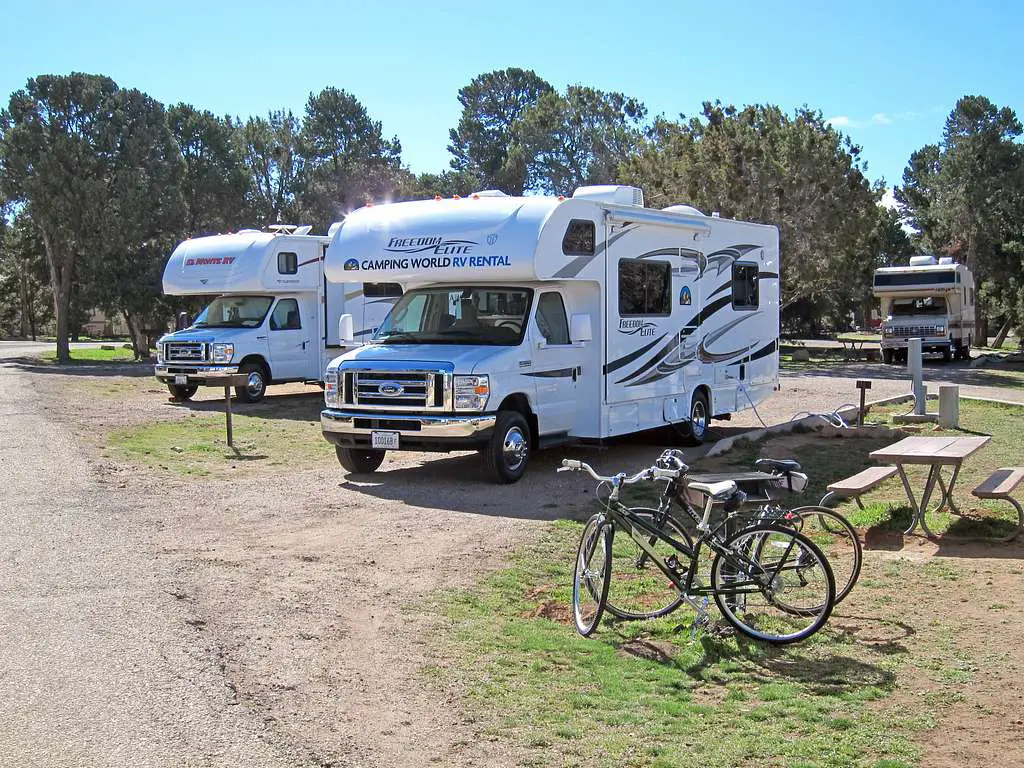
The increasing accessibility and affordability of online background check services have also played a role in the growing adoption of these policies. Several companies now offer streamlined background check services specifically tailored for the RV industry, says HipCamp, making it easier and more cost-effective for campgrounds to implement these procedures. This technological infrastructure allows for quick and efficient screening of guests, often integrated into the online booking or check-in process.
The ease of use and integration with existing campground management systems makes background checks a more feasible option than in the past. Campgrounds can often customize the level of screening they require and receive results relatively quickly. This technological convenience has lowered the barrier to entry for campgrounds looking to enhance their security measures.
5. Specific Campground Examples and Policies
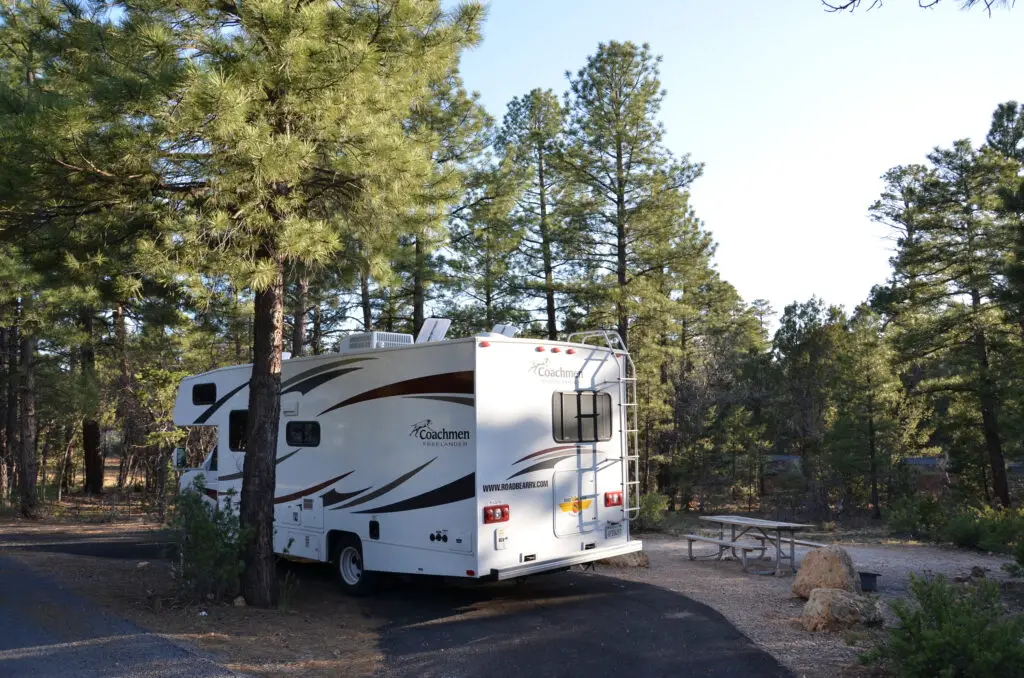
While a comprehensive list of all campgrounds requiring background checks is constantly evolving, several examples illustrate this growing trend. Some campgrounds catering to specific demographics, such as those with a strong family focus or those offering extended stays, have been early adopters of these policies. Reports on RV travel blogs and forums often mention specific campgrounds in popular destinations that now include background checks as part of their registration process, even for short overnight stays.
The specific requirements and the types of background checks conducted can vary from campground to campground. Some may focus on criminal history, while others might include sex offender registries. The implementation details are often outlined on the campground’s website or during the booking process, so it is crucial for RVers to be aware of these policies before their arrival.
6. The Check-In Process and Data Privacy
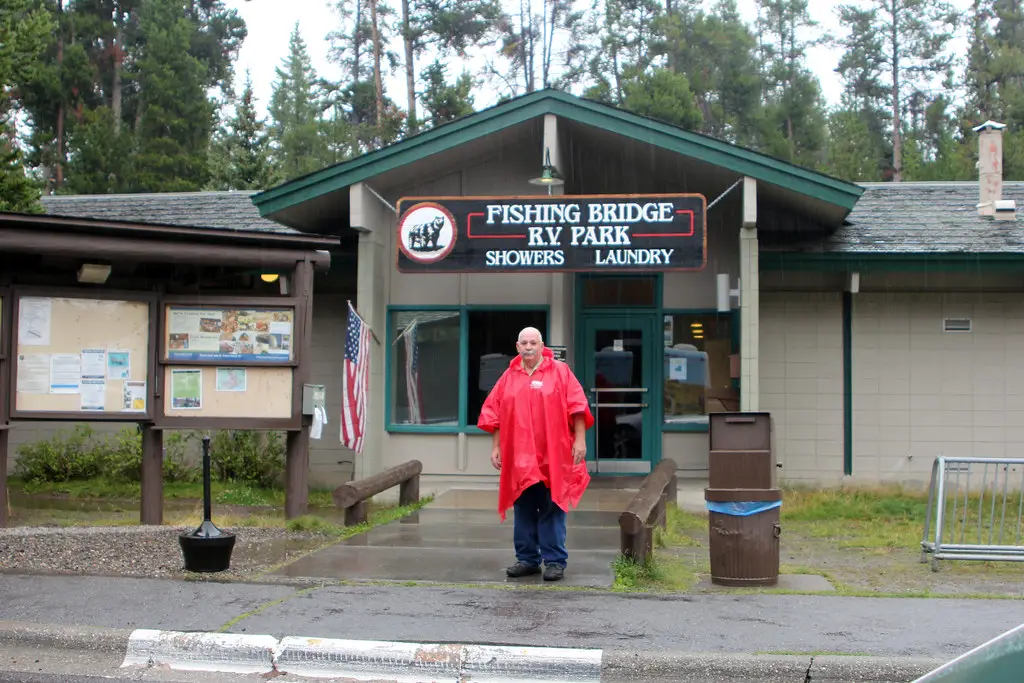
The implementation of mandatory background checks necessitates changes to the traditional campground check-in process. Guests are now often required to provide additional personal information, such as their full name, date of birth, and sometimes their driver’s license or other identification for the background check to be conducted. This raises questions about data privacy and how this information is collected, stored, and used by the campground and any third-party background check services they employ.
Campgrounds implementing these policies need to be transparent about their data handling practices and ensure compliance with privacy regulations. Guests have a right to understand how their personal information is being used and protected. Clear privacy policies and secure data management systems are essential to maintain trust and comply with legal requirements.
7. Impact on Spontaneous Travel and Last-Minute Bookings
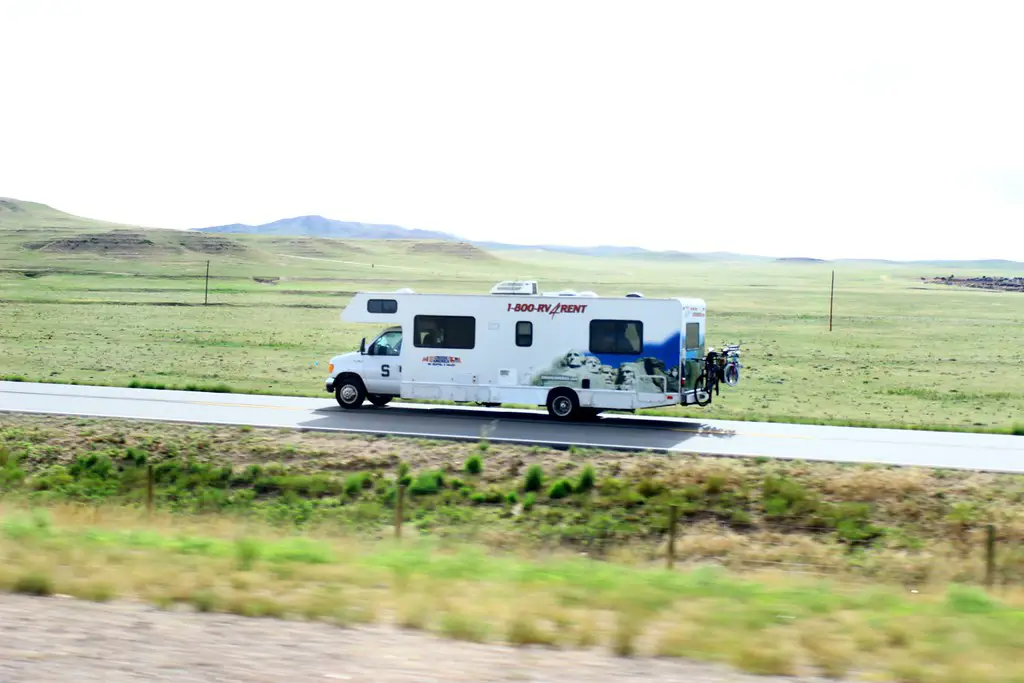
The requirement for background checks, even for one-night stays, could potentially impact spontaneous travel and last-minute bookings. The time needed to process a background check might create delays or prevent travelers from securing a site on short notice. This could be a particular concern for RVers who prefer a more flexible and unplanned travel style.
Campgrounds need to consider the potential impact on their occupancy rates and the convenience for travelers. Streamlined background check processes and clear communication about processing times will be crucial to minimize disruption to spontaneous travel plans. Finding a balance between security measures and ease of access for guests will be an ongoing challenge.
8. Potential for Discrimination and Bias
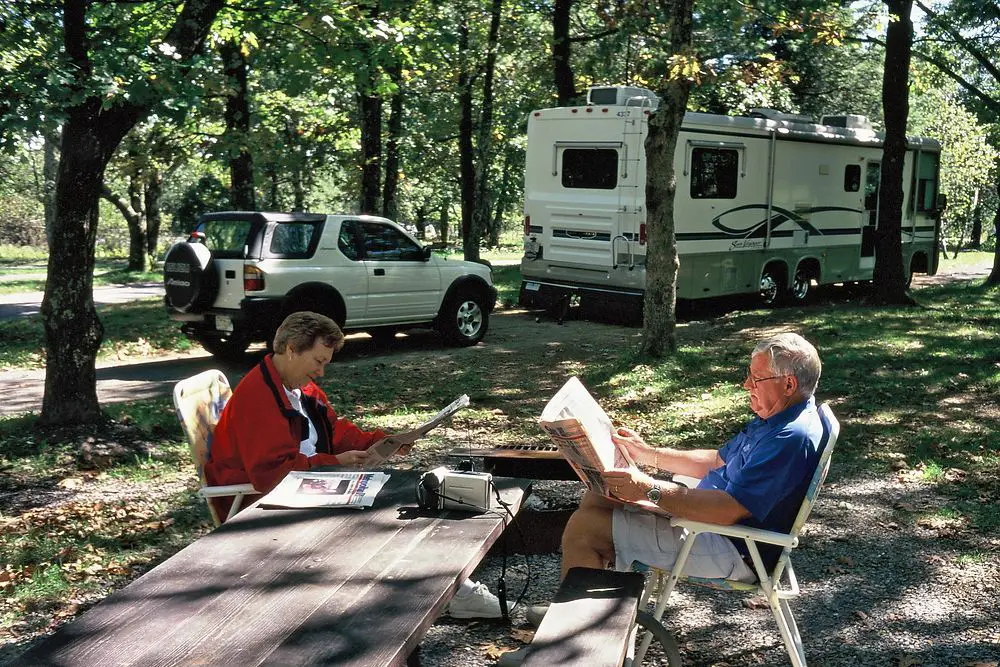
Concerns have also been raised about the potential for discrimination and bias in the use of background checks. Critics argue that these checks could disproportionately affect certain demographic groups who may have higher rates of past involvement with the criminal justice system, even for minor offenses. Ensuring fairness and avoiding discriminatory practices in the application of these policies is essential.
Campgrounds need to carefully consider the scope and criteria of their background checks to avoid unintended discriminatory outcomes. Implementing clear guidelines and review processes can help mitigate these risks and ensure that the policies are applied equitably to all guests.
9. Reciprocity and Industry Standards
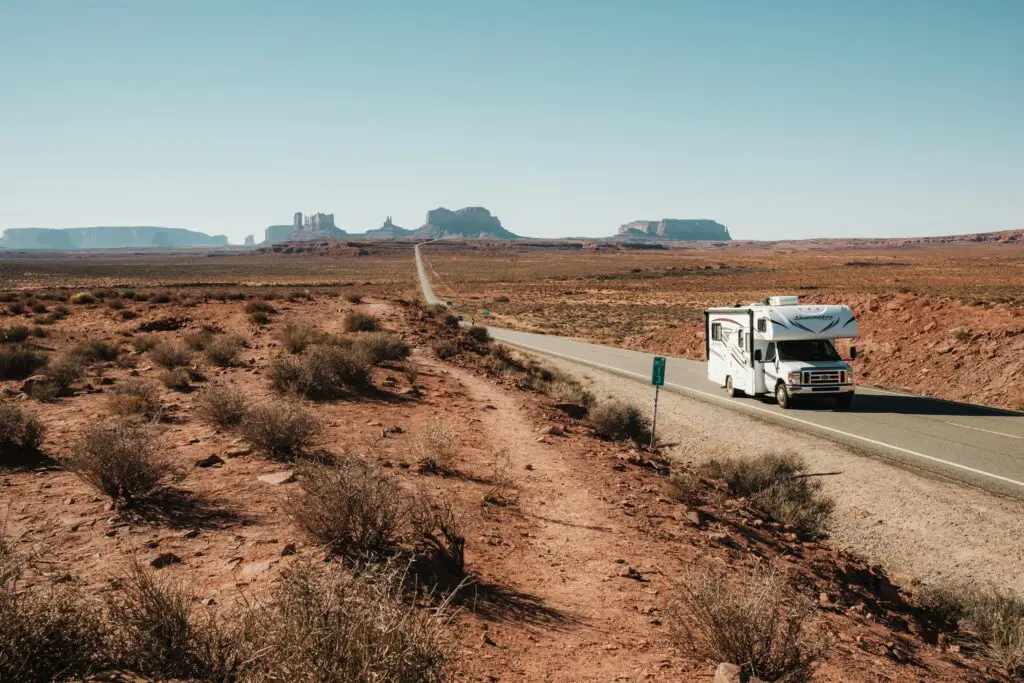
As more campgrounds adopt mandatory background checks, the question of reciprocity and the potential for industry-wide standards may arise. RVers who frequently travel might find themselves undergoing multiple background checks at different campgrounds. A standardized system or a form of reciprocity could streamline this process for travelers and campgrounds alike.
The development of industry best practices and potential standardization would need to address privacy concerns, data security, and the specific needs of different types of campgrounds. Collaboration among campground associations and technology providers could be key to creating more efficient and consistent processes.
10. Communication and Transparency with Guests
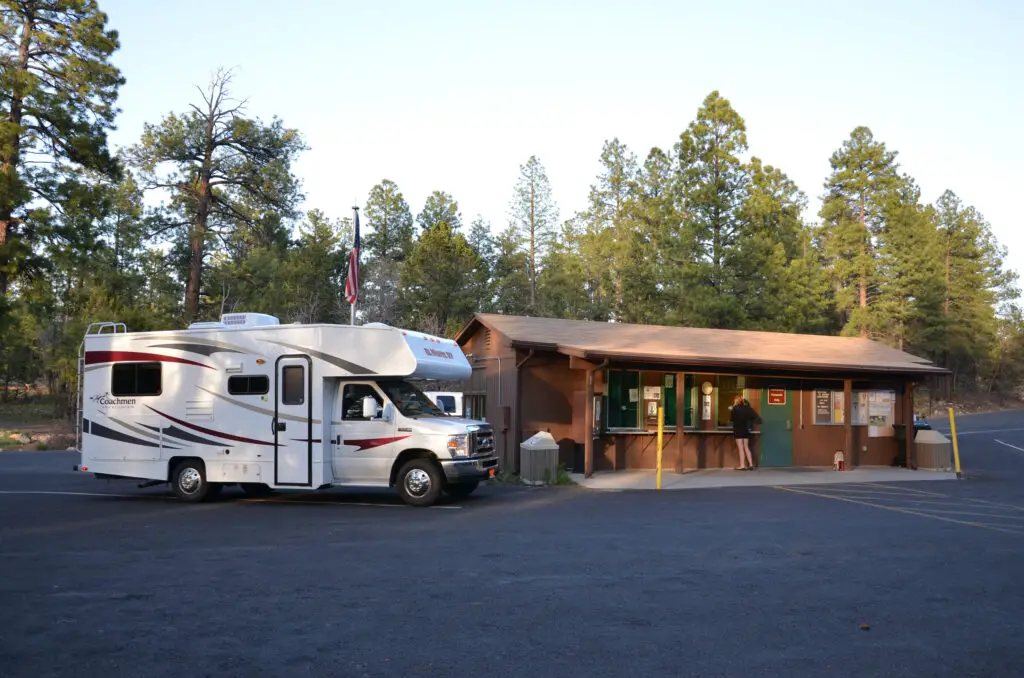
Clear and transparent communication with guests about the background check policy is crucial. Campgrounds need to inform potential visitors about this requirement during the booking process and provide details about what the check entails, how their data will be used, and any associated fees or processing times.
Open communication can help manage expectations and address any concerns guests may have. Providing clear explanations for the policy and its benefits in terms of safety and security can also foster greater understanding and acceptance among RV travelers.
11. Balancing Security with the Welcoming Nature of RVing
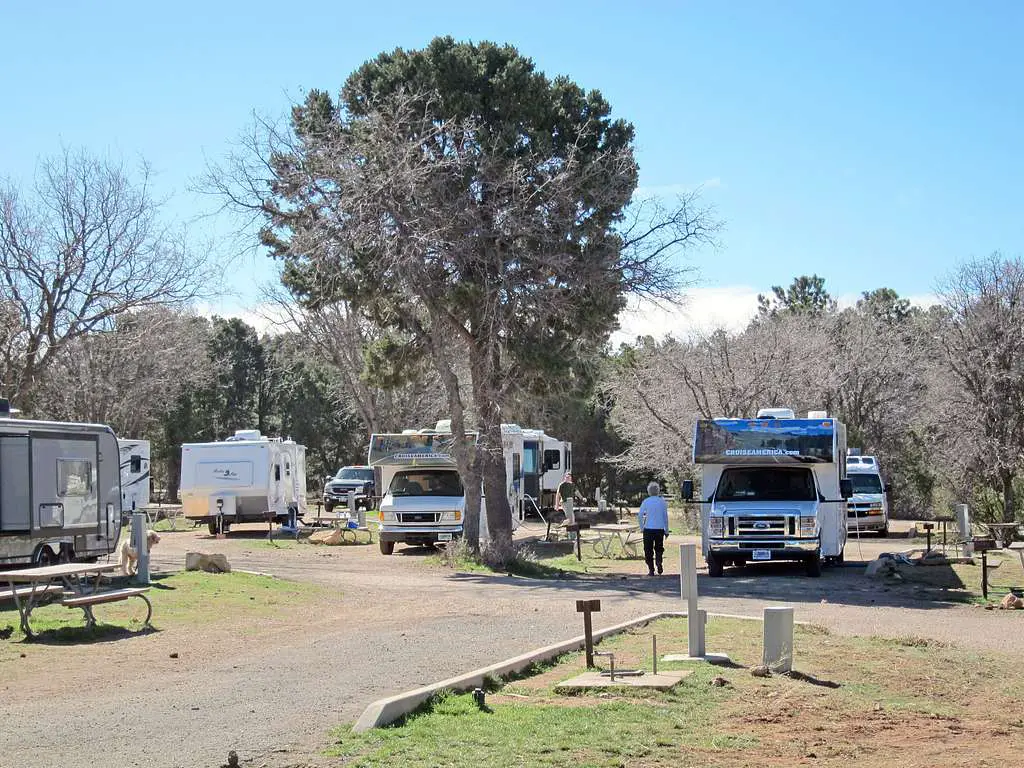
The RV community often prides itself on its welcoming and friendly nature. Implementing mandatory background checks introduces a more formal and potentially less trusting element to the campground experience. Finding a balance between enhancing security and preserving the open and welcoming spirit of RVing will be a key consideration for campgrounds moving forward.
Campgrounds that successfully implement background checks while maintaining a positive guest experience will likely be those that prioritize clear communication, efficient processes, and a focus on the overall well-being of their community.
12. The Future of Campground Security
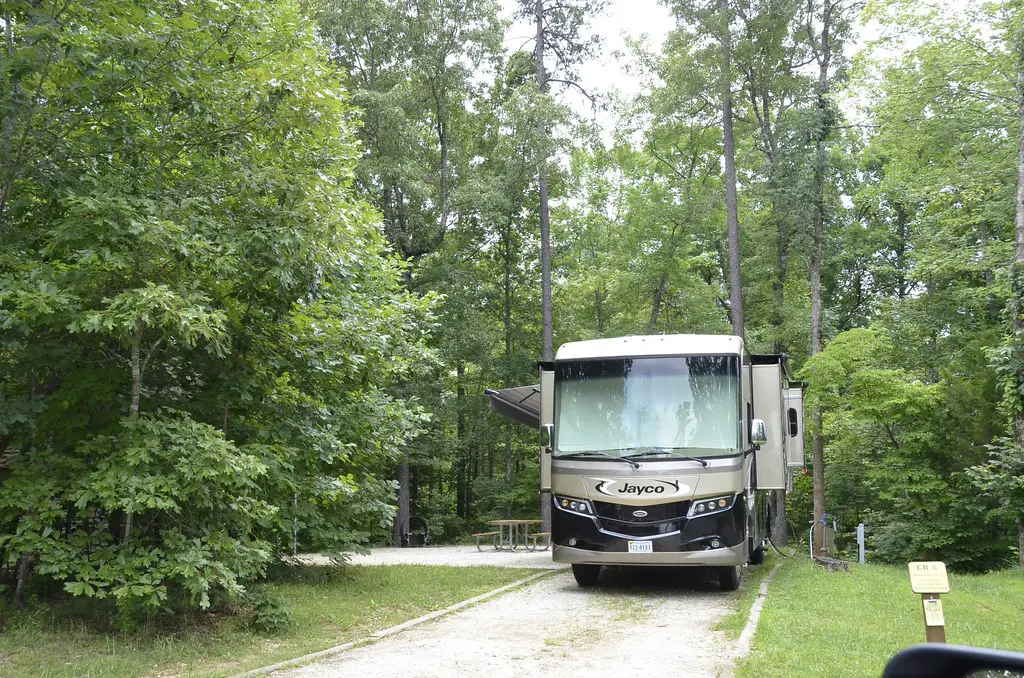
The trend of mandatory background checks at RV campgrounds suggests a potential shift in how security is approached in the industry. As technology continues to evolve and concerns about safety persist, it is likely that more campgrounds will consider implementing similar measures. This could lead to a more standardized approach to guest screening in the future.
The long-term impact of these policies on the RV travel experience and the sense of community within campgrounds remains to be seen. Ongoing evaluation and feedback from both campground operators and RV travelers will be important in shaping the future of campground security practices.
13. Individual Campground Policies Vary Widely
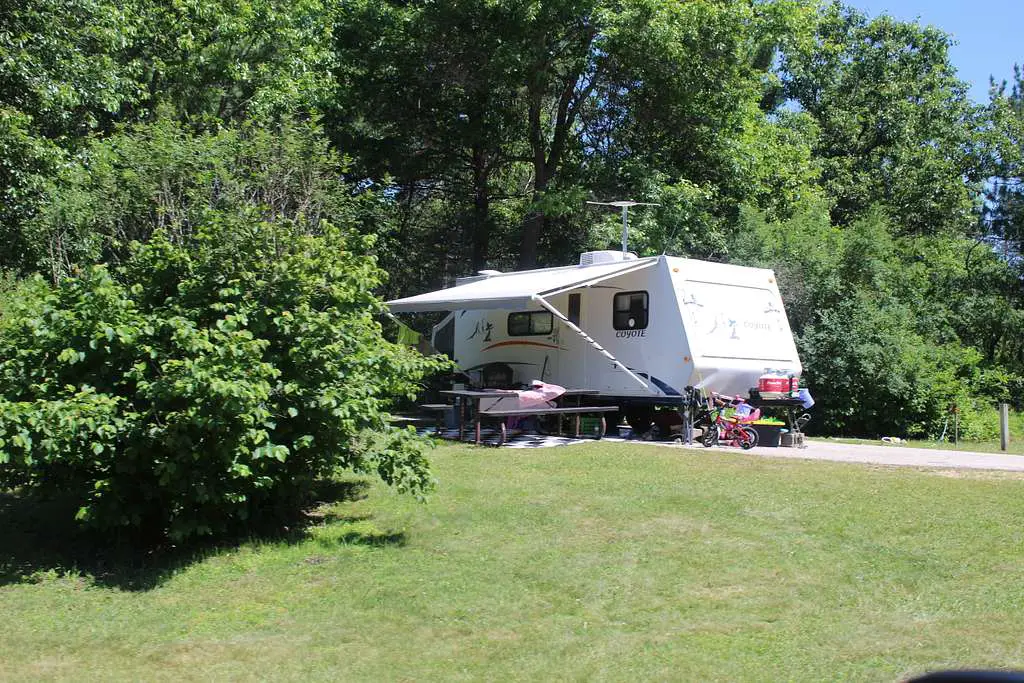
It is important to note that the implementation of mandatory background checks is not yet universal, and individual campground policies can vary significantly. Some campgrounds may require them only for extended stays, while others, as the title suggests, are now requiring them even for single-night visits. RVers should always check the specific policies of each campground they plan to visit to be prepared for any requirements.
Staying informed about campground policies, including those related to background checks, is becoming an essential part of RV trip planning. Checking campground websites or contacting them directly before booking can help avoid any unexpected issues upon arrival and ensure a smooth and hassle-free travel experience.
